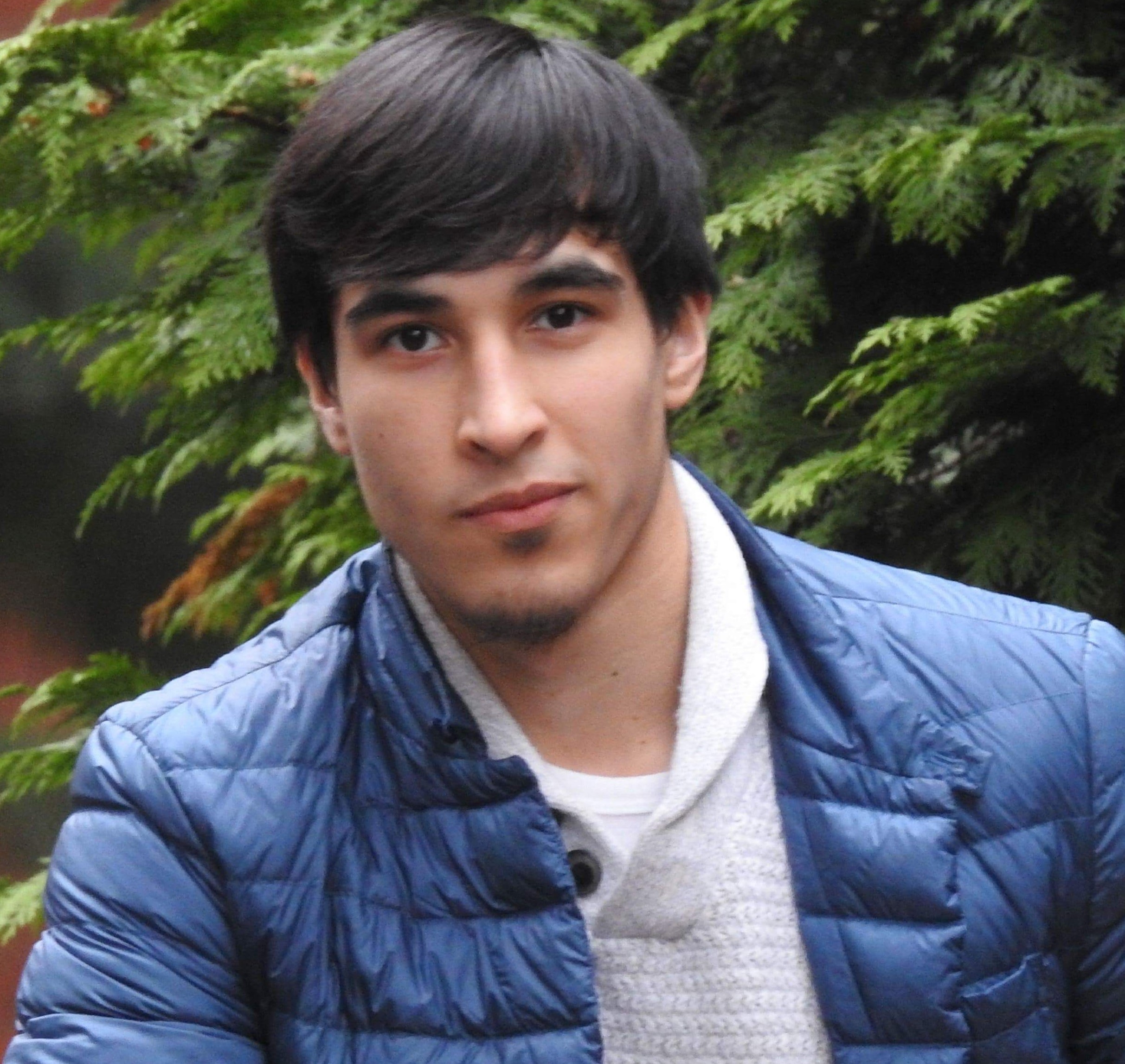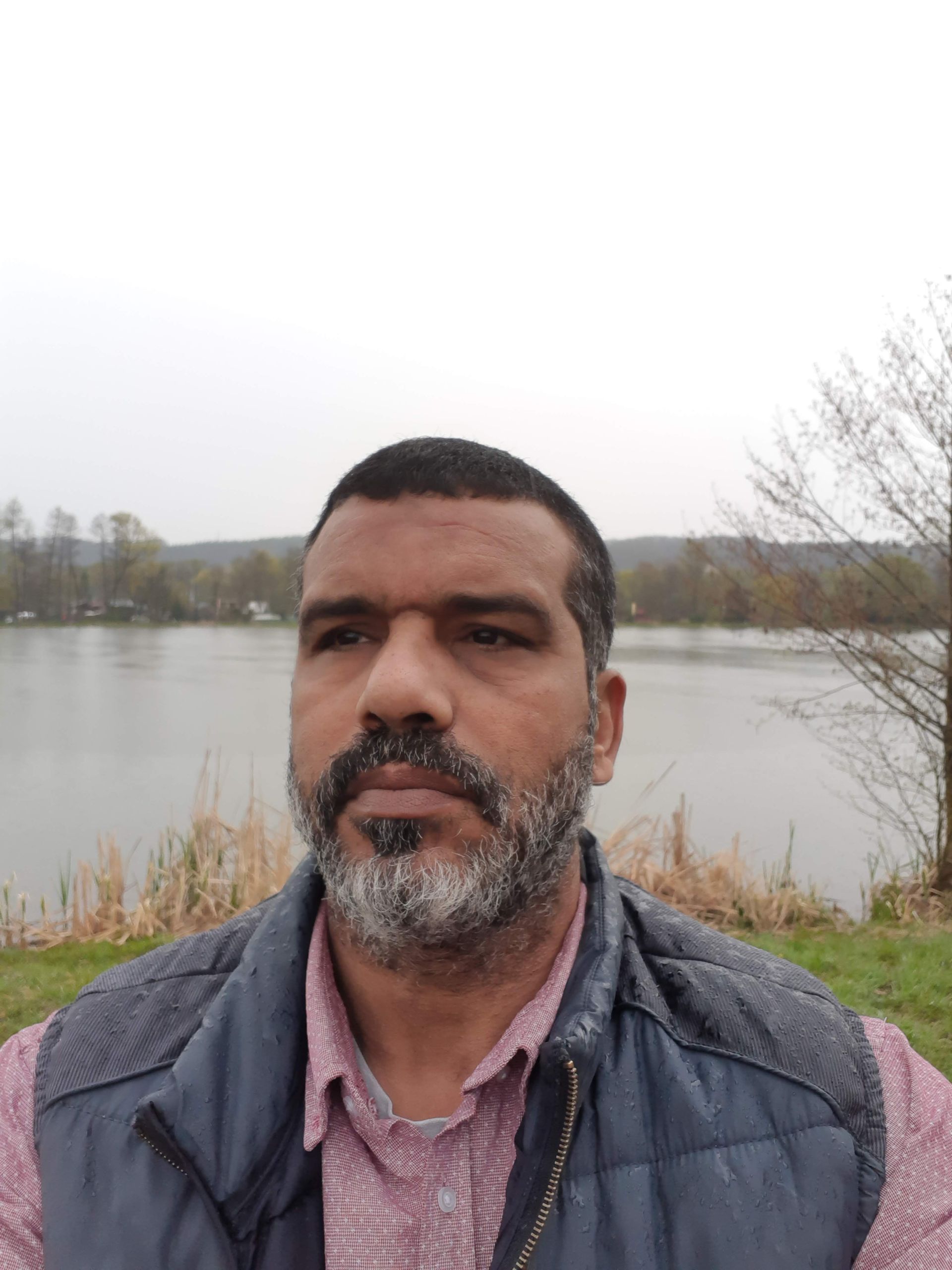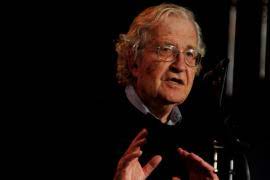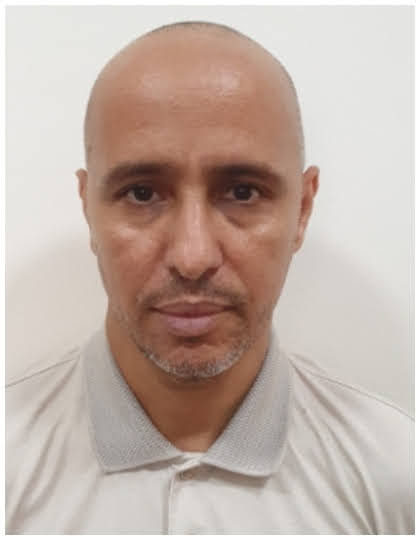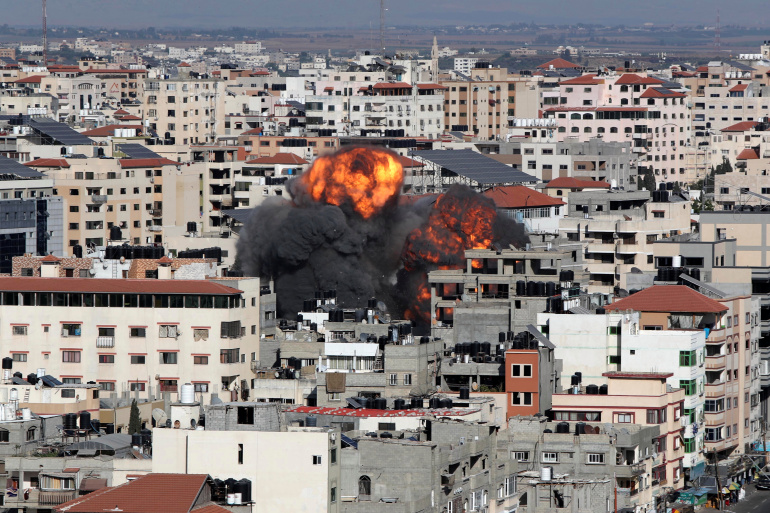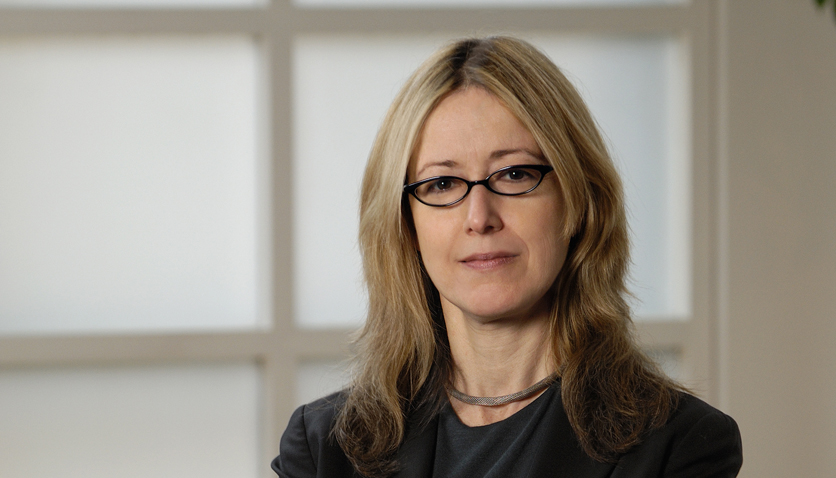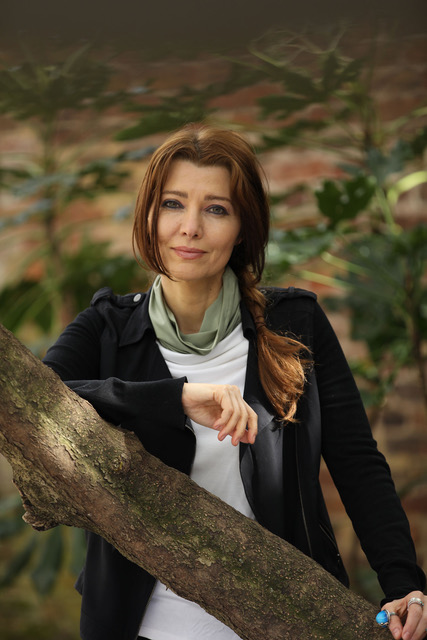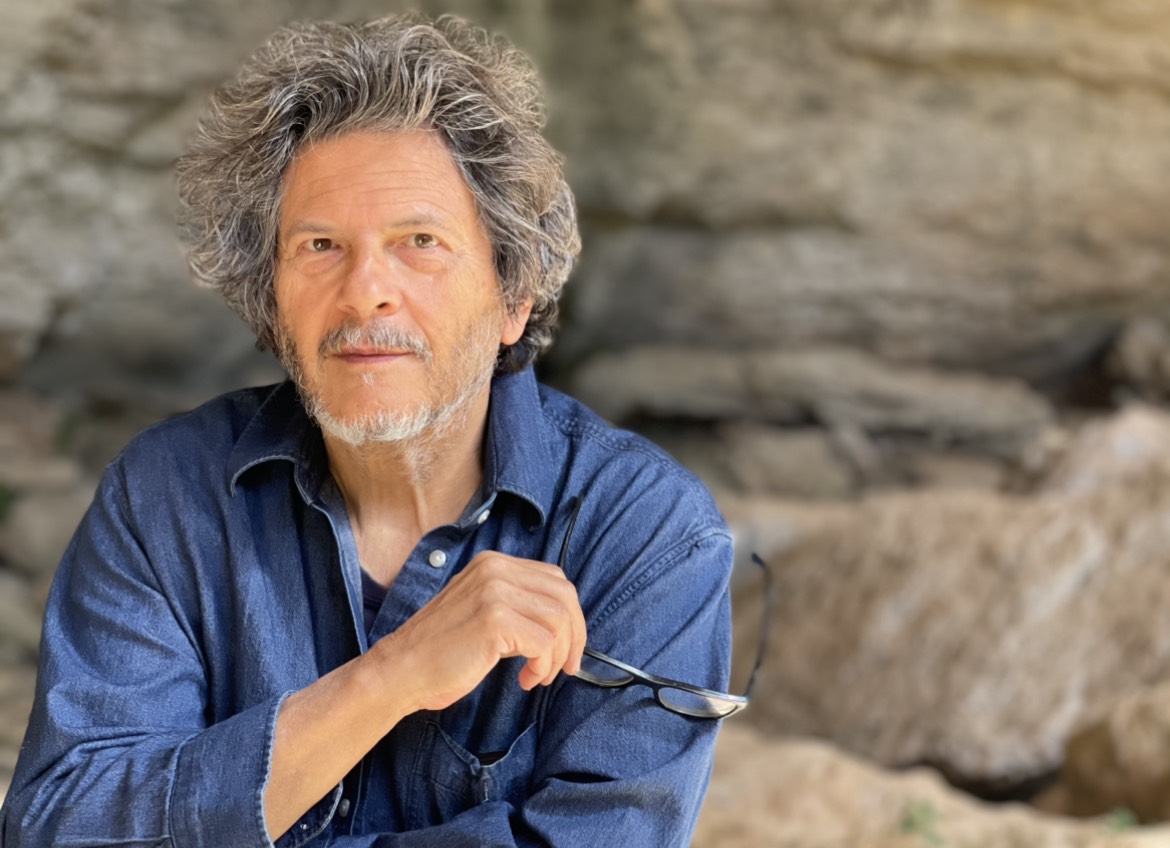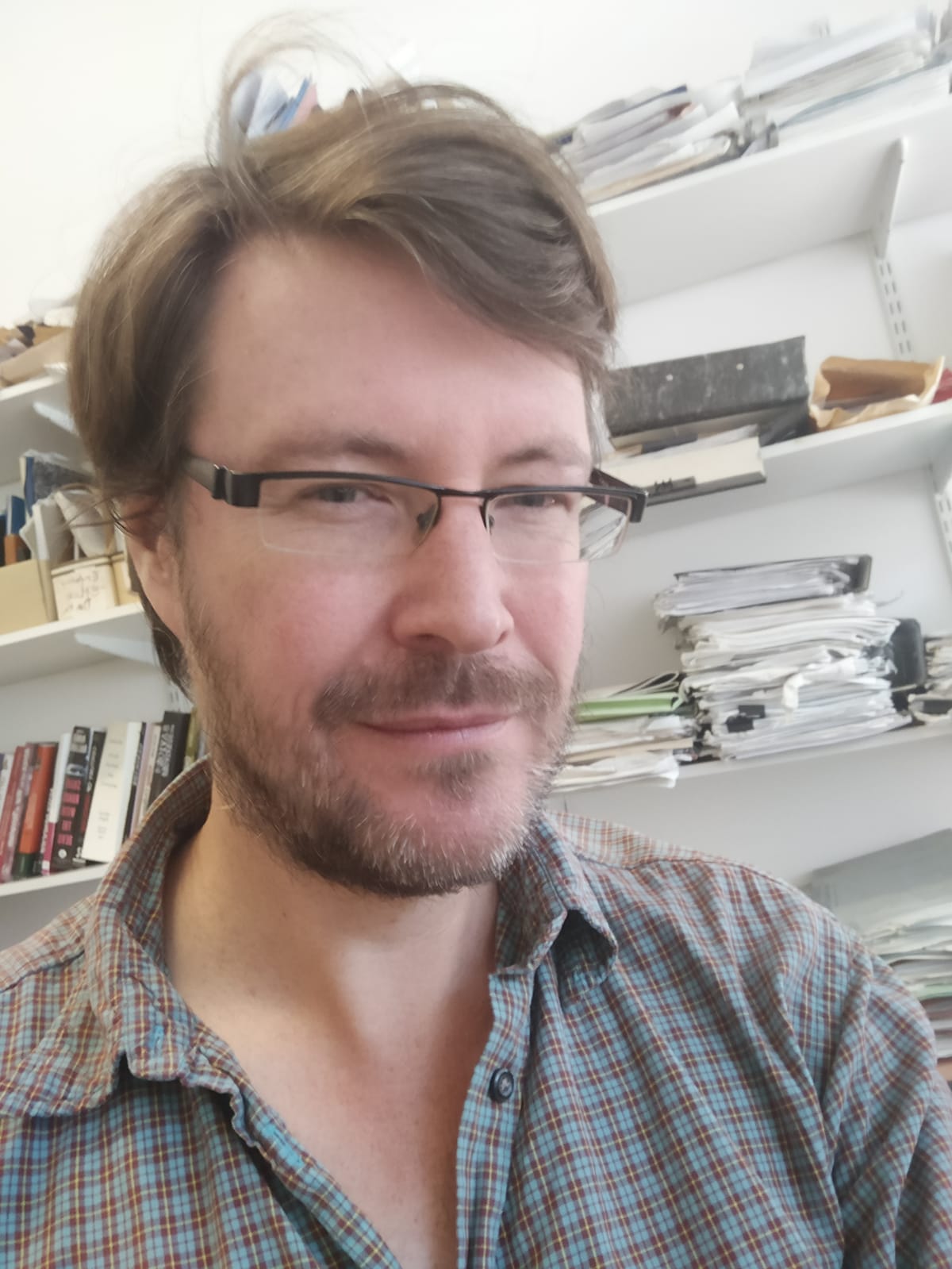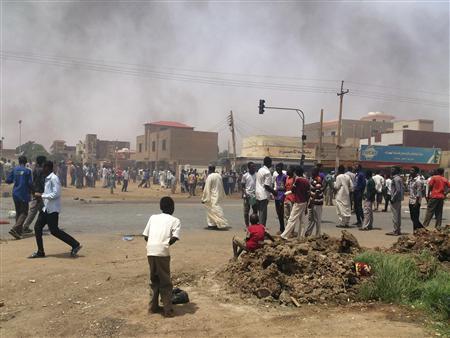Q&A: Beth van Schaack speaks on accountability options for Syria
![Damaged buildings after an airstrike in the besieged town of Hamoria, Eastern Ghouta, in Damascus, Syria [Bassam Khabieh/Reuters]](https://liberties.aljazeera.com/resources/uploads/2018/10/damascus.jpg)
Damaged buildings after an airstrike in the besieged town of Hamoria, Eastern Ghouta, in Damascus, Syria [Bassam Khabieh/Reuters]
Beth van Schaack is professor at Stanford University Law School. Her latest book ‘Imagining Justice for Syria’ situates the war in Syria within international criminal justice and sets out accountability options for the atrocities committed during the Syrian conflict.
Al Jazeera: The title of your book is ‘Imagining Justice for Syria’. Does the word ‘imagine’ suggest that such justice might be a mere dream?
Van Schaack: Quite the contrary; my goal was to encourage the international community to think creatively about accountability options beyond the ICC, given the obvious obstacles to that route to justice. There are a whole range of models available and I hope the book can be considered as containing a set of blueprints if there is political will to move forward.
Al Jazeera: Do you foresee any change in the position of the Security Council vis a vis referring the Syrian situation to the ICC or is the situation ‘stuck’ for the foreseeable future?
Van Schaack: Given how implicated Russia is in the conflict and the fact that the Assad regime will remain in power, over at least part of the territory in Syria, for the foreseeable future, I think it is unlikely that Russia will consent to a referral.
The only exception might be a referral resolution limited to the ‘the situation involving ISIL’ which would not be precluded by the Rome Statute but would be unorthodox. In order to pursue accountability, it is therefore necessary to consider alternative or alternative multilateral arrangements.
Al Jazeera: You mention the possibility of an ad hoc tribunal for Syria. What conditions would have to be in place for such an ad hoc tribunal to become a reality? Would you suggest a hybrid tribunal along the lines of the Iraq Special Tribunal that was established in 2003?
Van Schaack: The Iraq Special Tribunal is not a useful model because it was premised on the consent of Iraq and indeed was barely internationalised. The model that seems most viable at the moment would be an ad hoc tribunal created by a coalition of willing states which could include those most impacted by the conflict and those with a firm commitment to international justice. These states will have to pool their jurisdictional competencies and share the costs of the new institution.
It could be established in the region or in a European state or even partly within Syria in territory controlled by the SDF or all of the above as a sort of mobile decentralised court depending on the presence of the evidence and the defendants and witnesses.
Al Jazeera: Do you think the transitional justice model is an appropriate model for Syria?
Van Schaack: Since there has not been a genuine transition, we need to think about how transitional justice mechanisms might still work. Could Assad for example be convinced to host a truth telling process and would survivors and returnees be willing to participate? Would he be willing to host a commission on the disappeared or on property?
Al Jazeera: Do you think the universal jurisdiction model as practiced by Germany is the way forward? Could such trials deal with the totality of the atrocities committed in the conflict in Syria?
Van Schaack: Universal Jurisdiction or national proceedings have proven to be the most promising avenues for justice to date. Germany and other countries that have exercised universal jurisdiction have proven that these can cases can be successfully pursued and deliver a modicum of justice. However, it is impossible to deal with the totality of atrocities in this way. For example cases have have been concluded by way of universal jurisdiction have skewed towards opposition figures and ISIL members given that regime perpetrators have generally not left Syria.
This interview was edited for brevity and clarity.



